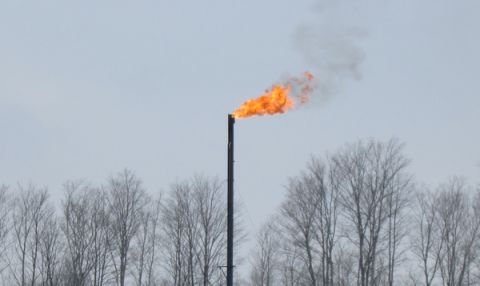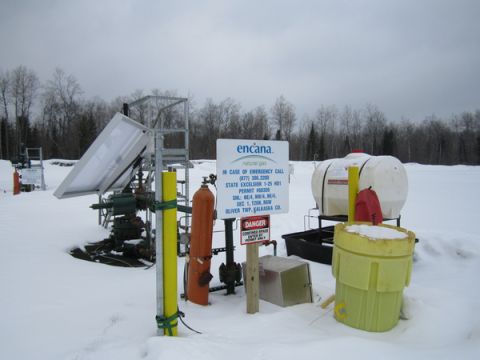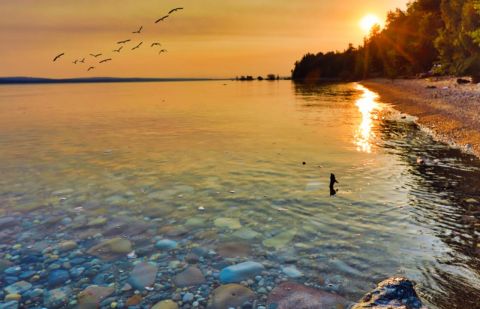Spring into action for Michigan journalism
Our spring campaign is in full bloom! Your support today helps us deliver the fact-based, nonpartisan news that Michigan deserves. We've set a goal to raise $65,000 by May 13 to fund our journalism throughout the year.





















